The new director general for agriculture in the European Commission Wolfgang Burtscher came across in last week’s Irish Farmers Journal webinar interview as having the potential to go down as one of the fundamental architects of Europe’s future agricultural policy.
The combination of scientific rigour with broad sectoral understanding and political savviness made for a remarkable insight into the process of developing what is going to be a new direction for European agriculture.
In the past when the Commission has come up with proposals for far reaching changes in the CAP, the kneejerk reaction has usually been to fight, resist and hope it won’t happen, but almost inevitably it does – whether it was the milk quota, the dramatic reduction in beef and cereal support prices with the introduction of production limiting premium payments and then a move to a land area-based system of support.
We are at the end of the analysis phase now, and the pointers are clear
They all began with closely argued Commission analyses, then proposals and finally implementation with the occasional compromise.
We are at the end of the analysis phase now, and the pointers are clear: Europe is going to continue to build its world trade in high-quality food and drink exports. Farmers will be subjected to more environmental oversight and much stricter environmental obligations. The member states will be required to identify their strengths and weaknesses in their own agricultural sectors and will have a great deal of flexibility in delivering the overall European plan.
This aspect alone is going to create some difficult choices for the new Irish administration. But Mr Burtscher had a clear specific list of views and proposals. He was definite on the cap for direct payments – €100,000 maximum per applicant with a scaled reduction after €65,000.
The EU wants to produce more of its own protein instead of being dependent on GM soya from the US and South America
He disclosed that the Commission had initiated a special study into the biotechnology area including genetic modification and especially gene editing which is to be finalised in the spring.
He was conscious of the importance of biodiversity for cattle grazing on non-arable land and that in light of the COVID-19 pandemic, Europe must have a contingency plan to ensure food security but there was no guarantee of extra market supports for beef farmers.
This will, it seems, be lobbed back to the member states. The EU wants to produce more of its own protein instead of being dependent on GM soya from the US and South America. We already have a precedent for that in the beans support scheme – presumably this can be extended to oilseed rape and perhaps other crops.
On the critical issue of farm incomes, there was an assurance that competitiveness of the sector, farm incomes and food affordibility would all be kept under review
It is clear there will be an extra push for organic production with a tightening up of regulations on pesticides and preventing “over fertilisation“ of land. Given the level of nutrient measurement and supervision already happening in Ireland, this is unlikely to be a major problem.
On the critical issue of farm incomes, there was an assurance that competitiveness of the sector, farm incomes and food affordibility would all be kept under review. Not a cast iron assurance – from a farmer’s point of view we are going to have to adapt as the bigger picture unfolds.
Read more
Watch back: the new CAP and the EU Green Deal webinar
The new director general for agriculture in the European Commission Wolfgang Burtscher came across in last week’s Irish Farmers Journal webinar interview as having the potential to go down as one of the fundamental architects of Europe’s future agricultural policy.
The combination of scientific rigour with broad sectoral understanding and political savviness made for a remarkable insight into the process of developing what is going to be a new direction for European agriculture.
In the past when the Commission has come up with proposals for far reaching changes in the CAP, the kneejerk reaction has usually been to fight, resist and hope it won’t happen, but almost inevitably it does – whether it was the milk quota, the dramatic reduction in beef and cereal support prices with the introduction of production limiting premium payments and then a move to a land area-based system of support.
We are at the end of the analysis phase now, and the pointers are clear
They all began with closely argued Commission analyses, then proposals and finally implementation with the occasional compromise.
We are at the end of the analysis phase now, and the pointers are clear: Europe is going to continue to build its world trade in high-quality food and drink exports. Farmers will be subjected to more environmental oversight and much stricter environmental obligations. The member states will be required to identify their strengths and weaknesses in their own agricultural sectors and will have a great deal of flexibility in delivering the overall European plan.
This aspect alone is going to create some difficult choices for the new Irish administration. But Mr Burtscher had a clear specific list of views and proposals. He was definite on the cap for direct payments – €100,000 maximum per applicant with a scaled reduction after €65,000.
The EU wants to produce more of its own protein instead of being dependent on GM soya from the US and South America
He disclosed that the Commission had initiated a special study into the biotechnology area including genetic modification and especially gene editing which is to be finalised in the spring.
He was conscious of the importance of biodiversity for cattle grazing on non-arable land and that in light of the COVID-19 pandemic, Europe must have a contingency plan to ensure food security but there was no guarantee of extra market supports for beef farmers.
This will, it seems, be lobbed back to the member states. The EU wants to produce more of its own protein instead of being dependent on GM soya from the US and South America. We already have a precedent for that in the beans support scheme – presumably this can be extended to oilseed rape and perhaps other crops.
On the critical issue of farm incomes, there was an assurance that competitiveness of the sector, farm incomes and food affordibility would all be kept under review
It is clear there will be an extra push for organic production with a tightening up of regulations on pesticides and preventing “over fertilisation“ of land. Given the level of nutrient measurement and supervision already happening in Ireland, this is unlikely to be a major problem.
On the critical issue of farm incomes, there was an assurance that competitiveness of the sector, farm incomes and food affordibility would all be kept under review. Not a cast iron assurance – from a farmer’s point of view we are going to have to adapt as the bigger picture unfolds.
Read more
Watch back: the new CAP and the EU Green Deal webinar



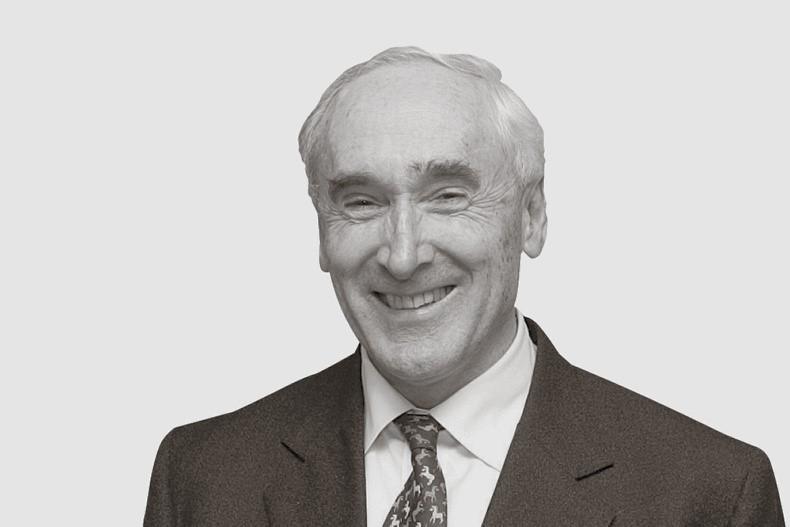
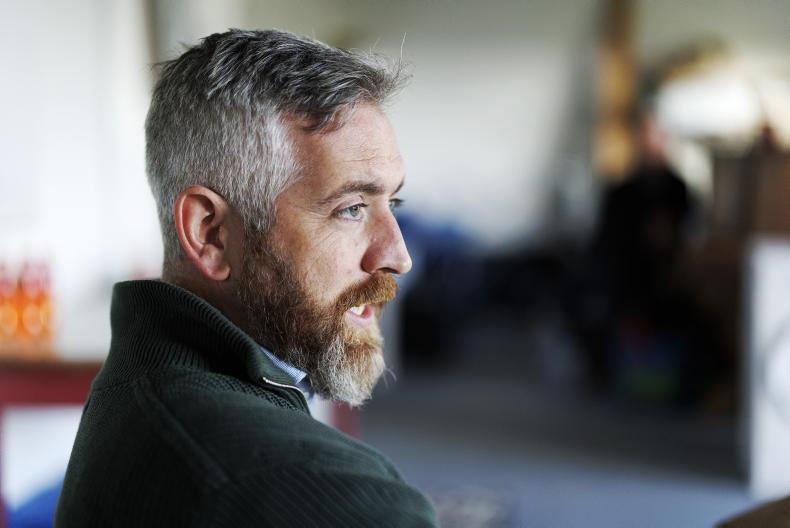

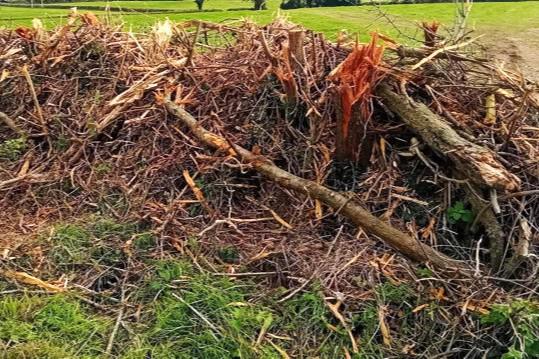
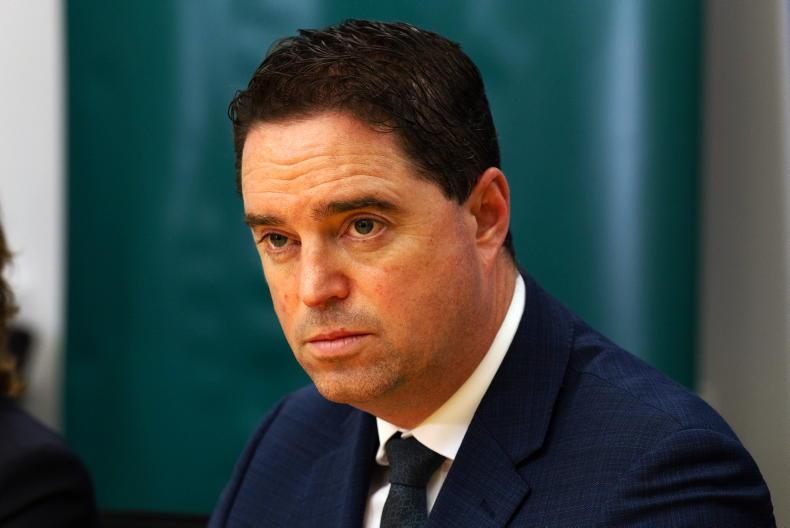
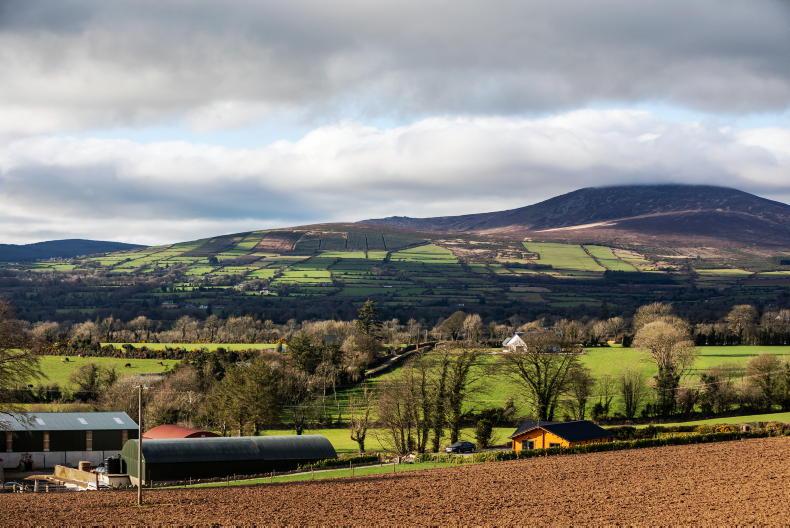
SHARING OPTIONS